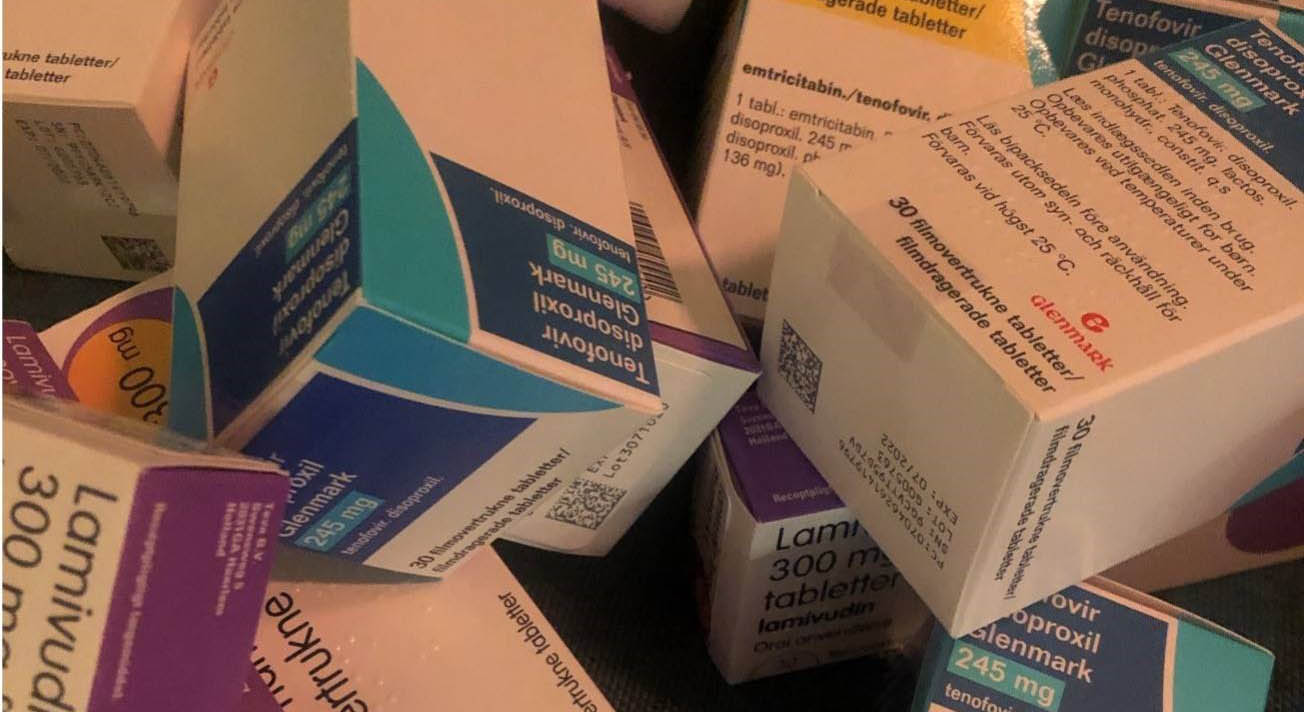PrEPping health services in Denmark

The study seeks to provide a user perspective on Pre-Exposure Prophylaxis, helping HIV prevention service providers in Denmark tailor their delivery of PrEP. More specifically, the project seeks to understand the views, experiences, representations and intentions of MSM ‘at-risk’ in Denmark as well as explore the factors and everyday practices that shape their uptake, engagement and discontinuation of PrEP. The study adopts a partnership approach to research that equitably involves PrEP users, healthcare providers, organizational representations (from AIDS Fondet) and researchers in all aspects of the research process in order to improve the relevance of existing health services and develop user-community informed local HIV-prevention initiatives.
This project seeks to produce knowledge that can be used by actors looking to improve uptake of, and continued engagement with, Pre-Exposure Prophylaxis (PrEP) for the prevention of HIV acquisitions in Denmark.
PrEP, is being introduced to people considered ‘at-risk’ at a growing scale, and increasingly form part of the portfolio of HIV prevention methods availed through health services. PrEP is a pill (Tenofovir/emtricitabine), which, when taken daily, significantly reduces the risk of HIV taking hold and spreading in the body, should it enter the bloodstream.
PrEP is a biomedical HIV prevention method, availed through infectious disease clinics at major hospitals in Denmark. PrEP is still a relatively new HIV prevention method, and no empirical and published research document how people ‘at-risk’ of HIV in Denmark encounter, experience, and negotiate PrEP use. Furthermore, while 98% of people living with HIV and on antiretroviral therapy in Denmark adhere successfully and achieve viral suppression, we have little understanding of whether and how a pill for HIV prevention can achieve similar levels of adherence.
Biomedical HIV prevention, such as taking a pill or negotiating PrEP use, involves behavioural responses as does condom use. And as with all behaviours or practices, there is a need to study and recognize how a broader set of social, political, cultural and ethical issues come together and influence the ability and decision of people ‘at-risk’ to engage or disengage with PrEP.
Steered by the patient involvement agenda of ‘nothing about us without us’, this project seeks to give voice to members of the LGBTQ+ community in Denmark by involving them in the research process, both as peer researchers and through the use of Photovoice, a participatory method.
- Provide a user perspective on Pre-Exposure Prophylaxis, helping HIV prevention service providers in Denmark tailor their delivery of PrEP.
- Understand the views, experiences, representations and intentions of people ‘at-risk’ in Denmark as well as explore the factors and everyday practices that shape their uptake, engagement and discontinuation of PrEP.
- Adopt a partnership approach to research that equitably involves PrEP users, healthcare providers, organizational representations (from AIDS Fondet) and researchers in all aspects of the research process
Primdahl NL, Borchmann O, Hanghøj C, Jensen MV, Skovdal M (2022) PrEPping sundhedstiltag rettet mod HIV-forebyggelse i Danmark - Et vindue ind i hvordan målgruppen og sundhedspersonale oplever og erfarer PrEP. Copenhagen, Denmark: Department of Public Health, University of Copenhagen.
Contact
 Morten Skovdal (PI)
Morten Skovdal (PI)
Professor
m.skovdal@sund.ku.dk
+45 35 33 73 60


